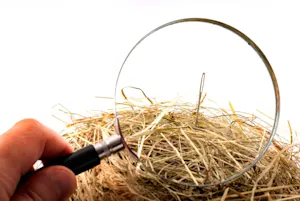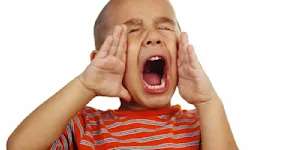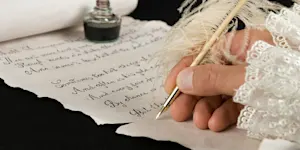What Makes This Word Tick
Ah, "regale" – a word that brings to mind grand stories and sumptuous feasts. It evokes images of being delightfully entertained, whether through a captivating tale, a hearty laugh, or a lavish banquet. It's a verb that embodies the art of storytelling or lavish hospitality.
If Regale Were a Person…
Regale would be that charming friend who knows just how to keep guests amused at a dinner party, with anecdotes as rich as the food being served. They'd likely wear a twinkle in their eye and carry an invisible bag of captivating tales, always ready to enchant with their storytelling flair.
How This Word Has Changed Over Time
Originally rooted in French, "regale" made its entrance into English around the late 17th century. While its core essence of offering entertainment or a feast remains steadfast, modern usage often leans toward the storytelling aspect—though the occasional culinary indulgence still finds its place!
Old Sayings and Proverbs That Use Regale
While there's no vintage proverb that features "regale" directly, the concept resonates with age-old ideas like "the gift of gab" or "the feast of reason." These capture the spirit of regale in conversation and gathering.
Surprising Facts About Regale
Did you know that "regale" once had a royal flair? Tracing back to its French origins, it was associated with the royal pleasure derived from entertaining or feasting. This regal past hints at why it feels a touch luxurious even today.
Out and About With This Word
Keep your ears open, and you might hear "regale" popping up at your next book club or travel lecture, usually as enthusiastic attendees recount their experiences or convey vivid stories of exotic locales.
Pop Culture Moments Where Regale Was Used
In pop culture, "regale" might not be front and center, but it frequently finds its way into movie scripts or TV dialogues where a character spins a yarn or regales the room with a captivating tale straight from the heart.
The Word in Literature
"Regale" fits snugly into narrative-heavy genres like historical fiction or memoirs. A figure such as Dickens' Mr. Pickwick would surely be one to regale his companions with elaborate stories over a fine meal.
Moments in History with Regale
Think of Winston Churchill regaling his wartime Cabinet with stirring speeches or Queen Elizabeth I holding court with dazzling discourse. These historical figures carried the essence of "regale," stirring hearts and minds.
This Word Around the World
In Europe, the roots of "regale" still echo as related words in Romance languages, like "régaler" in French and "regalare" in Italian, retain similar meanings of entertaining or presenting gifts—underscoring a shared cultural appreciation for merriment.
Where Does It Come From?
As mentioned, our friend "regale" hails from the Old French "regaler," meaning to entertain or feast, influenced by Gala events that were often festivals of joy and delight. It reflects a European predilection for artful enjoyment.
How People Misuse This Word
Sometimes people use "regale" as just a synonym for telling a story, losing the layer of excitement or pleasure that truly defines it. Remember, it's not just about telling, but entertaining.
Words It’s Often Confused With
Entertain: While similar, entertain doesn't carry the same grandiosity or richness.
Amuse: More about causing laughter or delight in a light-hearted sense.
Delight: Focuses more on pleasure than the act of storytelling.
Additional Synonyms and Antonyms
Synonyms for "regale" include entertain, amuse, and delight. Its antonyms are bore, tire, and weary—things no regaler worth their salt would wish upon a listener!
Want to Try It Out in a Sentence?
"After dinner, Grandpa took his place by the fire, ready to regale us with tales of his adventurous youth."
















